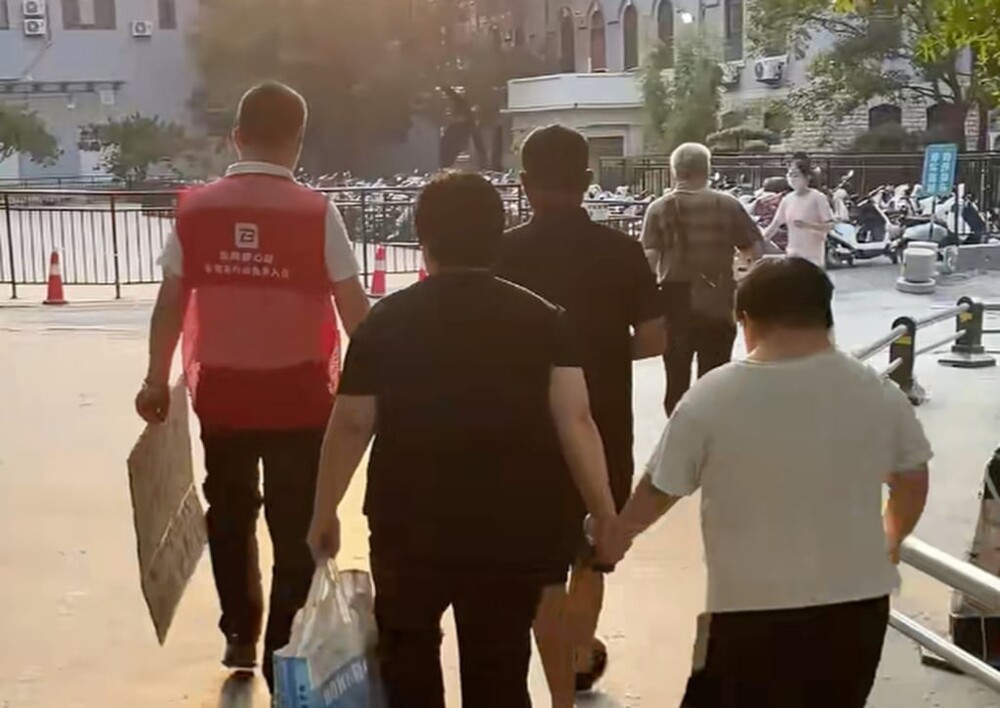From Patient to Lifeline: A former brain-tumor patient opens a free shelter for families near the hospital
In Jinan, hospital corridors often become dormitories for relatives who can’t afford hotels. Zheng Gan, aged 39, turned a rented apartment into a free shelter for these families. The “House of Compassion” can host up to 15 people at a time and includes basic meals. Monthly costs to keep the space open run about 1,000 yuan, a fraction of nearby hotel rates—roughly 150 yuan per night.

In This Article:
A personal awakening: witnessing the need firsthand
In 2020 Zheng Gan was diagnosed with a brain tumor. During treatment he saw many relatives of patients sleeping on hospital floors, sometimes getting drenched by rain. “He fell in the rain, so he knew how important it is to hold an umbrella for others,” wrote a social-media user, underscoring the need for shelter. Zheng decided to act on the hardship he now understood too well.

The solution takes shape: a near-hospital refuge
In 2022 he rented an apartment near the hospital affiliated with Shandong University in Jinan. He installed two-tier bunk beds to accommodate up to 15 guests at once and created the “House of Compassion.” The shelter offers not just a place to sleep but also basic groceries—rice, noodles, and cooking oil—for guests. Zheng also works as a medical escort, helping patients navigate the hospital, a role that has grown in China as families seek guidance for elderly or unaccompanied patients.

A lifeline that keeps growing: impact and costs
Over four years, more than 300 families have used the shelter. Some stayed only a few days; others remained for a month. The project costs about 1,000 yuan a month to operate, while a nearby hotel runs about 150 yuan per night. Supporters say, “He helps those weighed down by illness see a ray of hope.” The shelter mirrors a broader need in China for temporary housing near major medical centers.

Why this matters: community care meets a systemic gap
China faces a clear demand for temporary housing near large medical centers, as families from provinces spend significant sums to stay near loved ones undergoing long treatments in the capital. Zheng’s shelter is a grassroots response to a systemic gap, proving that empathy can multiply beyond one person’s pain. Source: i-SCMP via South China Morning Post.


